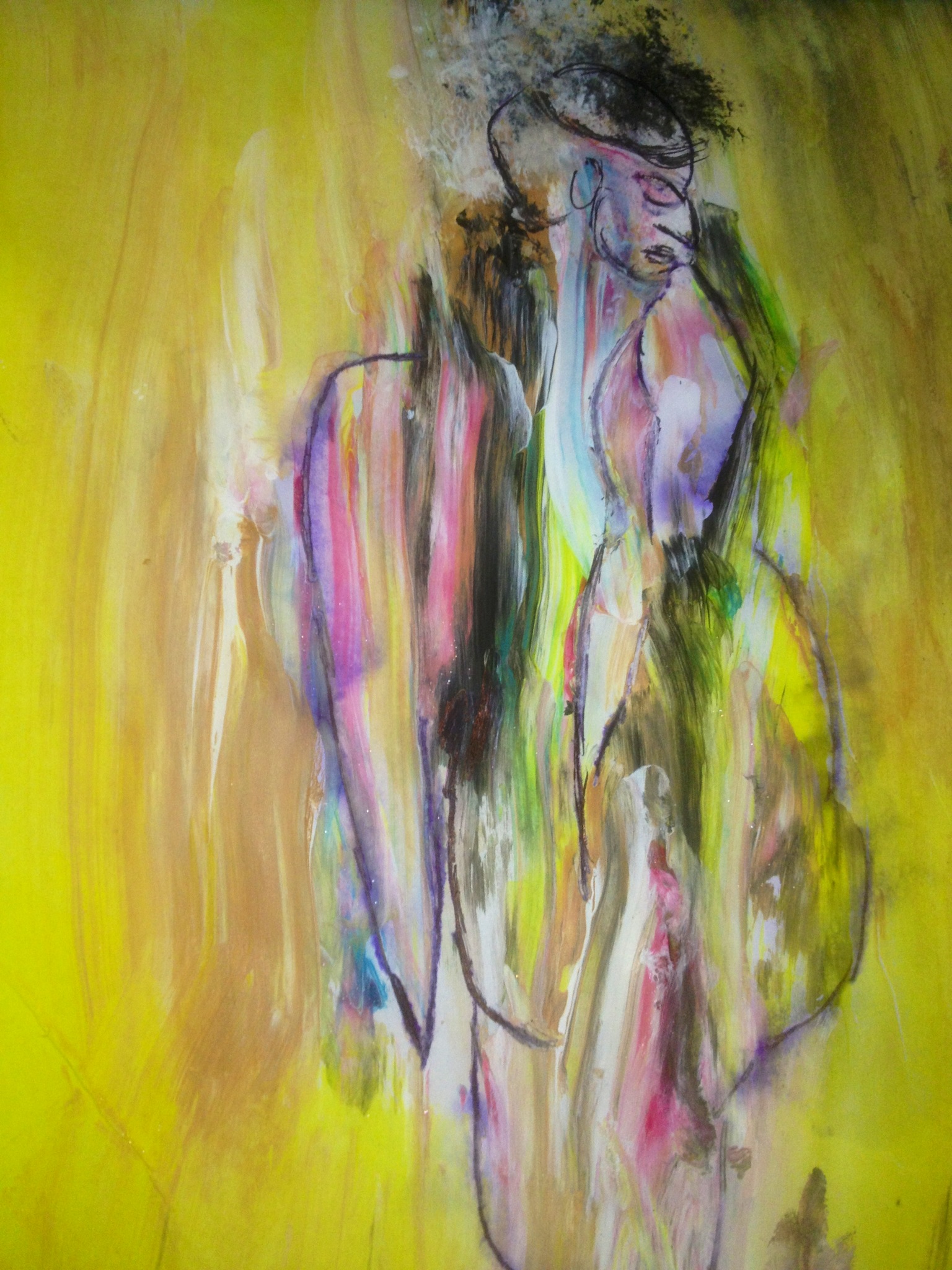Ernest Williamson: Dynamic Inspiration
/Dr. Ernest Williamson has published creative work in over 600 journals. His poetry has appeared in numerous journals including The Oklahoma Review, Lost Coast Review, The Copperfield Review, and Pamplemousse. An Assistant Professor of English at Allen University and a three time Best of the Net nominee, he speaks with Alexandra Reynolds below.
For me, the most powerful moment in “Mendicant’s Cemetery” came in the lines, “about why I rarely said / ‘I love you’ / and why you said ‘not tonight’” because it rendered a moment of failed intimacy, which can be as difficult to put into words as a moment of intimacy. How did you go about crafting the voice and tone of this poem?
Most of my poems simply come out of me; they flow from a constant stream of ideas formulating in the unconscious mind and finding way to the conscious mind. I stress the importance of revision to my students, but honestly I don’t do much of it. I never strategically plan to craft anything. If and when I am compelled to express myself creatively, I do it.
What led you to the title, “Mendicant’s Cemetery”?
I feel the title is most appropriate given the context of the poem. The poem is about loss, bitterness, love, and regret. A mendicant is a beggar; the mendicant in the poem is in dire need to beg for his deceased wife to listen to him in spirit and in the flesh. When I write, the title always comes after I create the poem. This particular poem has nothing to do with me or my personal life.
Another strength of the poem is its imagistic nature. I loved the lines, “you see me / varicose veins / abstruse vocalizations / the scent of older old spice / white hairs meandering in darker ones.” In your drafting process, what comes first? Themes and ideas or specific images?
I simply convey what I hear, but I do have a writing ritual. I must listen to Gregorian chant while writing poetry; though I am an agnostic, I find sacred music to be sublime and my innermost self requires much from it. Salve Regina is one of my favorite chants.
You are a dynamic artist: a widely published writer, a pianist, a singer and composer, and a painter. What draws you to the arts?
My father is an accomplished pianist and record producer and my brother is in the record business, so naturally I am attracted to music. Though I have a PhD in Higher Education Leadership, Management, & Policy from Seton Hall University, I majored in creative writing at the University of Memphis and I am compelled to create, so naturally I am drawn to the arts.
I found your gallery of paintings, and your work is gorgeous. I love the colors and the faces that emerge. Do you see any connections between your poetry and your painting?
My visual work is of a totally different personality, as is my music and my poetic work. When I paint I must listen to classical or ‘Old School’ R&B music. When I compose music, I do so spontaneously, that is without preparation.
How do you know when you have finished an artistic project, whether it’s a poem, song, or painting?
If I like and understand a piece, then I qualify it as acceptable and therefore finished.
What writing project are you working on now?
I’ve been composing classical music like a madman over the past three weeks, and I’ve written a few poems. I seem to be “into the music” as it were.
Ultimately, what are your goals as a writer? Why do you write?
I have so much more that I want to say and I have many long term projects. I am writing a book entitled America’s Fascination with Race & Racism, several screenplays, and I plan to release my first true book of poetry and art entitled Words & Images Vol. I in 2017. Also, I just finished an album of classical piano music entitled Culmination, but the album needs to be professionally recorded before it is released to the public.




